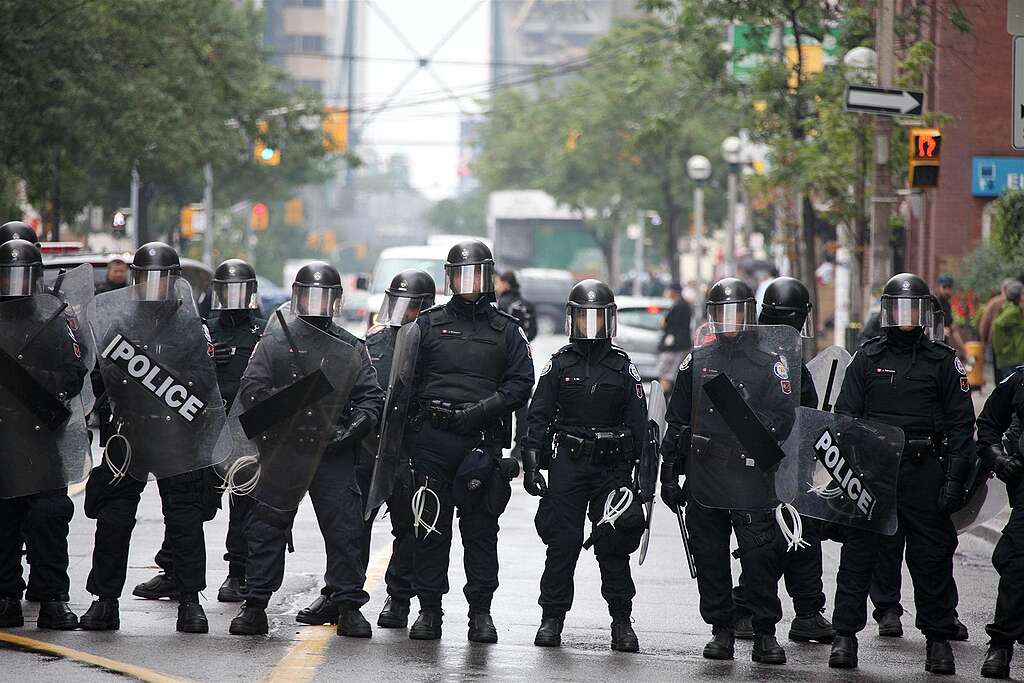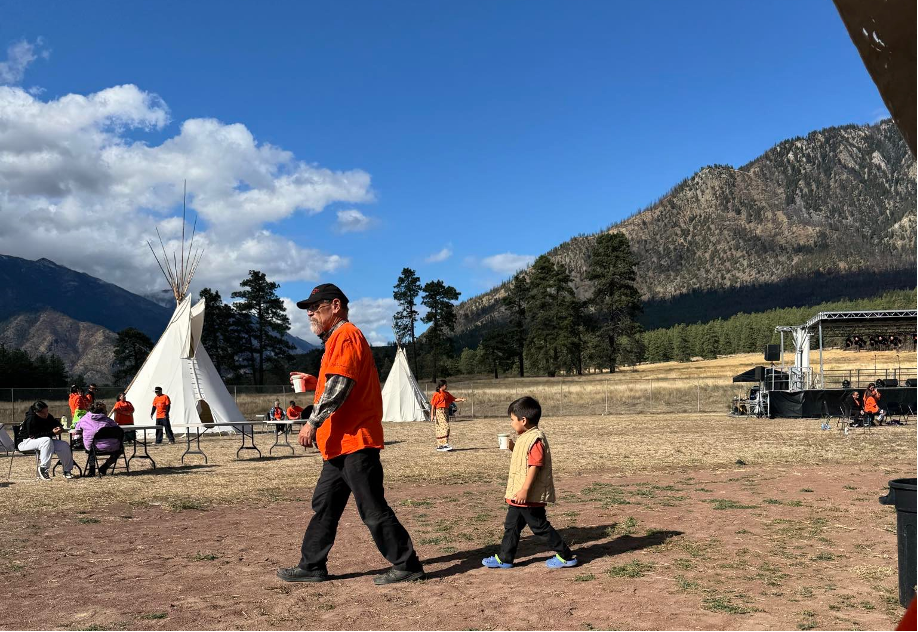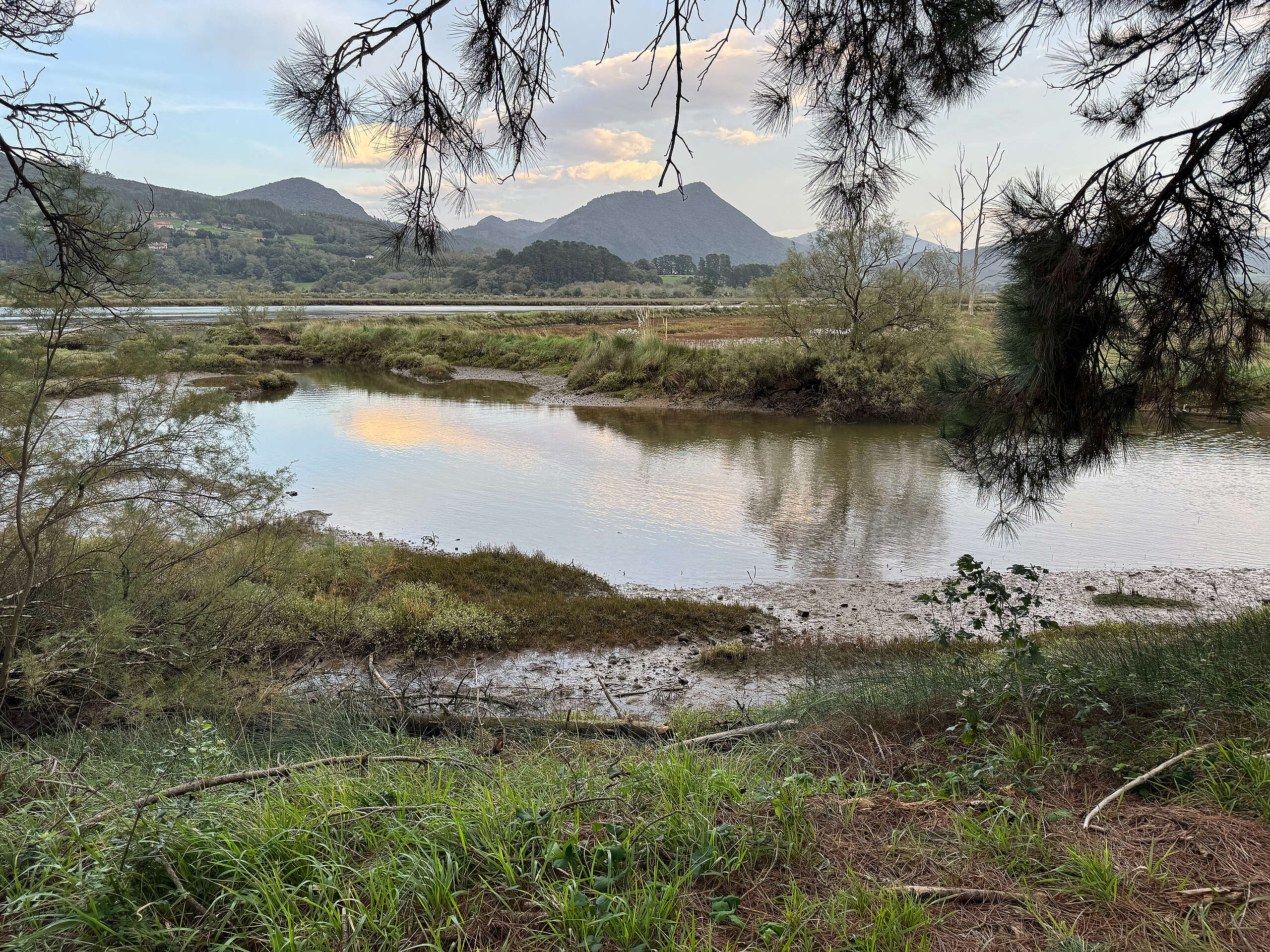Prime Minister Carney is in the midst of trying to pass a very ambitious political agenda, which is made of lots and LOTS OF BILLS or new laws that he needs to convince the other parties to support him on. Many of these Bills have names that at first glance might not raise alarm bells for many Canadians:
Bill C-5: One Canadian Economy and Building Canada Act
Bill C-2: Strong Borders Act
Bill C-12 Strengthening Canada’s Immigration System & Borders
Bill C-8: Cyber security
Bill C-9: Combatting hate
Are you asleep?
But within all of these bills are new and very broad powers for our federal government that individually could infringe on our freedoms, and when assembled together, Transformer-style, could create a machine of repression working to protect the profits of corporations and powerful individuals over the freedoms and interests of the rest of us. All it would take is a federal government with the incentive to use those powers for bad. Maybe a government under immense pressure from someone like President Trump.
How would this repression machine built out of these Bills work?
Bill C-5 has already passed and been made law. It is supposed to speed up approvals for projects deemed in Canada’s so-called “national interest” by allowing them to skip over other laws and processes to be built faster. The kind of projects being selected so far are exclusively industrial: mines, ports, liquid natural gas export facilities, etc. These are the kind of projects that local communities, environmental groups, and Indigenous nations often oppose because of the environmental, cultural, and health impacts. And Bill C-5 will heighten the potential for these conflicts, because it is allowing these projects to skip over the existing standards and processes, like environmental impact assessments, where communities have opportunities to better understand the projects and raise their concerns.
Just because the process is being skipped doesn’t mean that people won’t still protest the projects that they don’t see as beneficial to their communities. In fact, by skipping public consultations and environmental reviews the federal government is giving even more reasons for people to be upset and protest.
Here is where Bill C-9 comes in.
Status: Bill C-9 (combatting hate) has not passed.
What are the potential risks here? At the moment it is being discussed by the Parliamentary Committee on Justice and Human Rights. This bill would undermine our right to peaceful protest, by allowing police to detain people first and ask questions later in the context of public demonstrations. It gives the government and police a lot of power to control where and how people can protest, under the guise of combatting hate. Even if you did not break the “protest rules” that would be set out in Bill C-9, you could still end up under the scrutiny of police and security services because of Bill C-2 and Bill C-8.
Status: Bill C-2 (strong borders) has not passed.
Should I be worried? It claims to be about borders, but it also contains new sweeping surveillance powers for police and security services. In its original form C-2 would allow authorities to collect your personal information without needing any warrant from a judge, as long as they merely suspected you might commit a federal crime, or they think your information may assist them in an investigation into a crime.
A community member who doesn’t want one of the C-5 “national projects” in their backyard, and who is vocal about this, could in theory be targeted because they “might” do something illegal to interfere with the project. Authorities could demand all kinds of service providers hand over that person’s private information, including digital services they subscribe to, health services they’ve received, even things like car rentals and hotel stays, etc. This would allow authorities to pry into that person’s private life with no real oversight and search for supposed criminality in that person’s behaviour, without authorities ever having to provide proof that the person is actively committing a crime.
Bill C-2 also contains efforts to create a new data sharing treaty with the United States. So any private information collected on individuals here could end up in the hands of US authorities.
Status: Bill C-8 (cyber security) has also not passed.
Why should I care? It would also allow warrantless access to private digital information, in this case requiring telecommunications providers to allow backdoor access to police and security services, including access to your encrypted data and messages. The Privacy Commissioner of Canada has warned that it could allow for the “inappropriate collection and sharing of subscriber account information, communication data, website visits, metadata, location data and financial data.”
These kinds of invasive surveillance and data collection powers have been used to treat innocent people like criminals. In particular they have been used to target racialized and Indigenous people. And Bill C-2 and C-8 will amp up the power to surveil, collect private information, and treat people like criminals – without proof of a crime and with little to no oversight.
And what if a person who chooses to protest a C-5 “national project” impacting their community is not a Canadian citizen, but an international student on a visa? Or a permanent resident? Here’s where Bill C-12 comes in.
Status: Bill C-12 (immigration system and borders) has not passed, but is being considered by Parliament right now.
It would give the federal government broad powers to cancel the legal status of immigrants, migrants and refugee claimants if it were deemed in the “national interest” to do so. A government interested in punishing people who protest its agenda could try and use these broad powers to kick out non-citizens and create a chilling effect. We have already seen a similar power at work in the United States, when international students who protested the genocide in Palestine were targeted and their student visas cancelled.
While this kind of abuse by our government could and would no doubt be challenged in the courts, legal action could be too late to stop people being detained, or deportation proceedings from starting, and too late to stop the harm done to people’s lives. Again, as we’ve seen happening right now in the United States, while some deportations have been deemed illegal by the US courts, the rulings have come long after some people have been deported, sent to imprisonment in other countries, been detained for long periods, and their families and communities terrorized by immigration enforcement (ICE) raids.
How would this repression machine protect the interests and profits of the powerful?
We don’t need to imagine a dystopic future to see how our government and tax payer funded security services already act to protect private profits often at the cost of the public’s interests and freedoms. We already know that the RCMP employed a campaign of criminalization, harassment and violent raids against the Wet’suwet’en to protect the interests of Coastal Gaslink and TC Energy, two fossil fuel companies. We also recently learned from reporting in The Narwhal and access to information documents obtained by Greenpeace Canada that CSIS and TC Energy have actively worked together to increase the sharing of classified intelligence from CSIS to corporations. That means our tax payer funded security services are sharing classified intelligence directly to an oil company to help them protect their interests.
If there were a concerted protest effort around any of the C-5 so-called “national interest projects” you can easily see how our government and security services could act to protect the investments and interests of private companies, even if it means violating the rights of people and communities voicing legitimate opposition. They already do it.
This isn’t only relevant for people protesting environmental and human rights issues, this repression machine could be turned on anyone or any group.
If we need an example of what’s possible when a government decides to do anything and everything to further its agenda and neutralise opposition we know where to look. People in Canada have made it pretty clear that we do not want to follow in the footsteps of Trump’s America – but PM Carney’s agenda is leading us down that path by granting the government far too much power to control, surveil, and punish.
What can we do?
We need to send a loud clear message to our representatives in Parliament, that creating a repressive, surveillance state is NOT what we voted for. The majority of these bills are still being considered, there is still an opportunity to change them or take them back to the drawing board completely.
- Send an email to your MP asking them to vote against Bill C-2 and Bill C-12
- Sign our petition demanding the immediate withdrawal of Bill C-2 and Bill C-12
Watch the government committee hearings on Bill C-9/C-8/C-12/C-2:
BILL C-9 Committee Hearings (2025):
- Thursday, October 9th
- Thursday, October 23rd
- Thursday, October 30th
- Thursday, November 6th: (video currently unavailable – will update when available)
- Thursday, November 27th (video currently unavailable – will update when available)
BILL C-8 Committee Hearings (2025):
- Tuesday, October 28th
- Thursday, October 30th
- Thursday, November 6th
- Thursday, November 4th
- Thursday, December 4th
Bill C-12 Committee Hearings (2025):
- Tuesday, November 4th
- Thursday, November 6th
- Tuesday, November 18th
- Thursday, November 20th
- Tuesday, November 25th
- And four more separate meetings here, under the label “Subject Matter of Bill C-12”
Bill C-2 Committee Hearing (2026):
Not yet reached consideration by committee, will update with the videos as they become available.
Article written on the bills by our in-house lawyer can be found here.





Discussion
I do not know any of these Bills to pass!